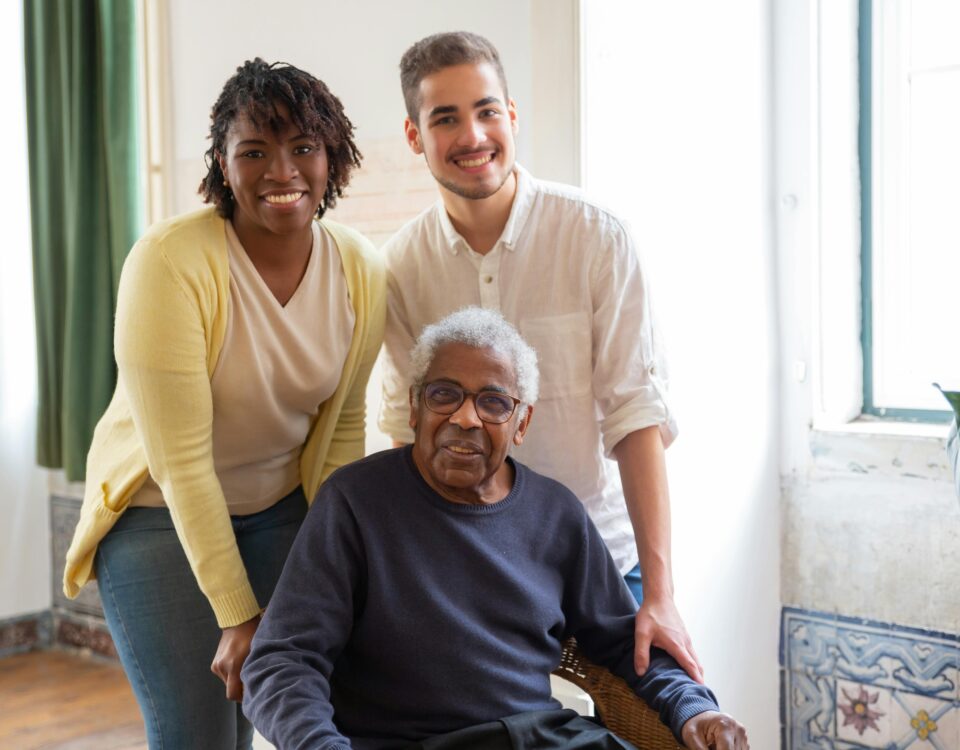You can’t always be there. But we can.
How Can Occupational Therapy Help Seniors Age at Home?

Talking to Your Senior About the Need for Homecare
April 12, 2018
Should Your Parent Transition into Living with You?
April 19, 2018How Can Occupational Therapy Help Seniors Age at Home?
Occupational therapy is focused on helping elderly and disabled people adapt their environment to their abilities. When physical challenges prevent seniors from performing daily tasks, an occupational therapist works with them to figure out ways to find success.

Senior Care Pasadena CA – How Can Occupational Therapy Help Seniors Age at Home?
With April as National Occupational Therapy Month, family caregivers and aging adults can look into the benefits of occupational therapy and how it may help seniors successfully age at home.
Seniors Prefer Aging at Home
One of the biggest worries that elderly adults have is poor health that requires them to move away from their longtime home. While they would rather age in place, many seniors and their family caregivers believe that moving in with family members is just inevitable. Little do they know that aging in place is more realistic than ever before.
Occupational therapy is one of the aspects that may make it possible for a senior to live in their own home. Because the goal of an occupational therapist is to help elderly people accomplish daily living tasks, it fits right in to the plan of aging at home. Along with a support group of family members, senior care assistance and friends, aging adults with physical limitations can successfully live at home in their advanced years.
How Occupational Therapy Helps
The occupational therapist will assess the elderly adult’s physical and mental abilities and then design a treatment plan that allows the person to achieve their goals for daily living. Occupational therapy teaches the elderly to adapt or compensate for lost abilities when it comes to dressing, bathing, hygiene and housekeeping. The therapists can also recommend devices and technology to incorporate as well, such as shower benches and grab bars by the toilet. With an occupational therapist, elderly adults can more fully participate in their own self-care.
Occupational therapy is much different than having a senior care assistant helping the elderly person. An occupational therapist is there for seniors as they transition from one health situation to another, bringing in the latest techniques and devices to make daily tasks easier. However, most seniors that require assistance won’t be able to live completely independently ever again.
They may be able to display significant progress and adaptive success, but a senior care assistant should be present to step in and help with tasks the aging adult simply cannot do. Of course, other services like companionship, cooking, finances, housecleaning and driving are done by a senior care aide, not an occupational therapist.
Studies show that elders who can stay in their homes successfully are happier and they recover more quickly from illness and injury. Aging in home is also much more affordable and is usually the preference of the individual. Occupational therapy is just one tool that may enable an elderly person to successfully age at home, which is usually what they prefer. Since April is National Occupational Therapy Month, family caregivers should take the time to learn more about how it might help their loved one do better aging at home.
Source: https://www.topoccupationaltherapyschool.com/occupational-therapy-for-seniors/

